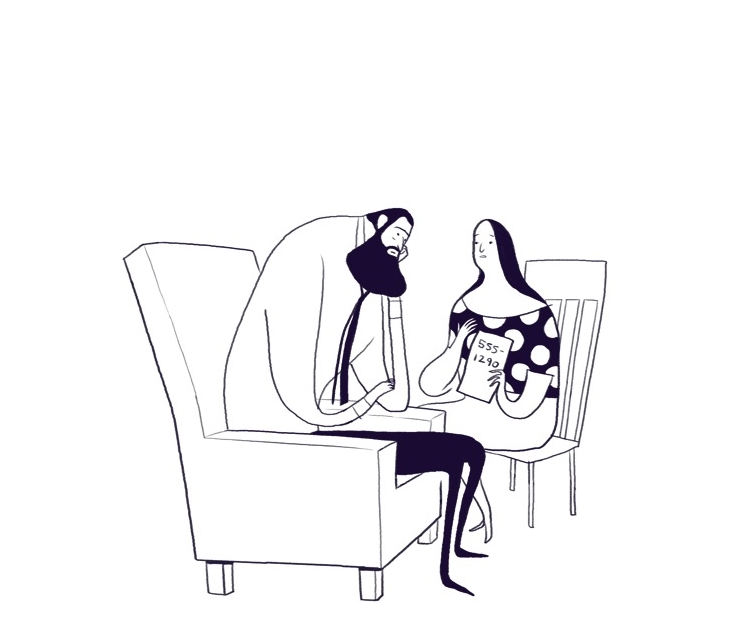How to Get an Addicted Family Member into Treatment

You may believe that getting your addicted family member into treatment would take a miracle. Or you may think it can only happen if a professional is brought in. But the CRAFT (Community Reinforcement and Family Training) approach is unique in that it teaches you, the family member, how to do your own intervention.

What would a CRAFT intervention look like?
There are a multitude of professionals who are qualified to help you intervene. However, our experience at Allies in Recovery shows us that you don’t need a high-priced professional. The only exception is if there is imminent danger or you don’t have 4-6 weeks to follow the CRAFT guidelines and do a successful intervention on your own.
When we imagine interventions with an addicted loved one, we tend to think of highly uncomfortable situations. But an intervention does not have to be a big dramatic family meeting with lots of tears and pressure. It can simply be a quiet moment at the kitchen table.
Looking for a Wish or a Dip
With someone who’s addicted to drugs or alcohol, there will always be glimmers of motivation for change. We call these either a wish or a dip. An example of a wish might be when you may hear the person say, “I really want to go back to school,” or “I wish I had my own place.” It’s a wish for change in their life.
A dip conveys a sense of frustration. For example, “I don’t know what’s wrong with me, I just can’t seem to get off the couch and do anything.” Or they may express sadness, embarrassment or shame about something that occurred as a result of their drinking or drug use.
With the CRAFT method and the detailed learning modules on the Allies in Recovery members-only site, we teach family members how to recognize these moments where the loved one’s motivation surfaces, and what to do when you hear them express a wish or a dip.
By communicating calmly and respectfully, detaching from your emotions, and being prepared with possible treatment options, your intervention will have a much better chance of success.
If they say no, you accept that and back off. You can just say something like, “Thanks for listening. We’ll talk about it another time.”
It’s also important to learn to recognize when you should say nothing
If the person is feeling too hungry, angry, lonely or tired (in AA they use the acronym HALT to identify these low points, when someone is more likely to be negative and short-tempered). Suggesting treatment in these moments will probably create defensiveness and put up a barrier between you.
As a family member of someone addicted to drugs or alcohol, your primary role is to stay connected. In doing so, you can be their bridge to treatment and recovery. Look for these fleeting but absolutely key moments when you can make a real difference to your loved one.
A membership at Allies in Recovery brings you into contact with experts in the fields of recovery and treatment for drug and alcohol issues. Our learning platform introduces you to CRAFT and guides you through the best techniques for unblocking the situation. Together we will move your loved one towards recovery. Learn more here.
